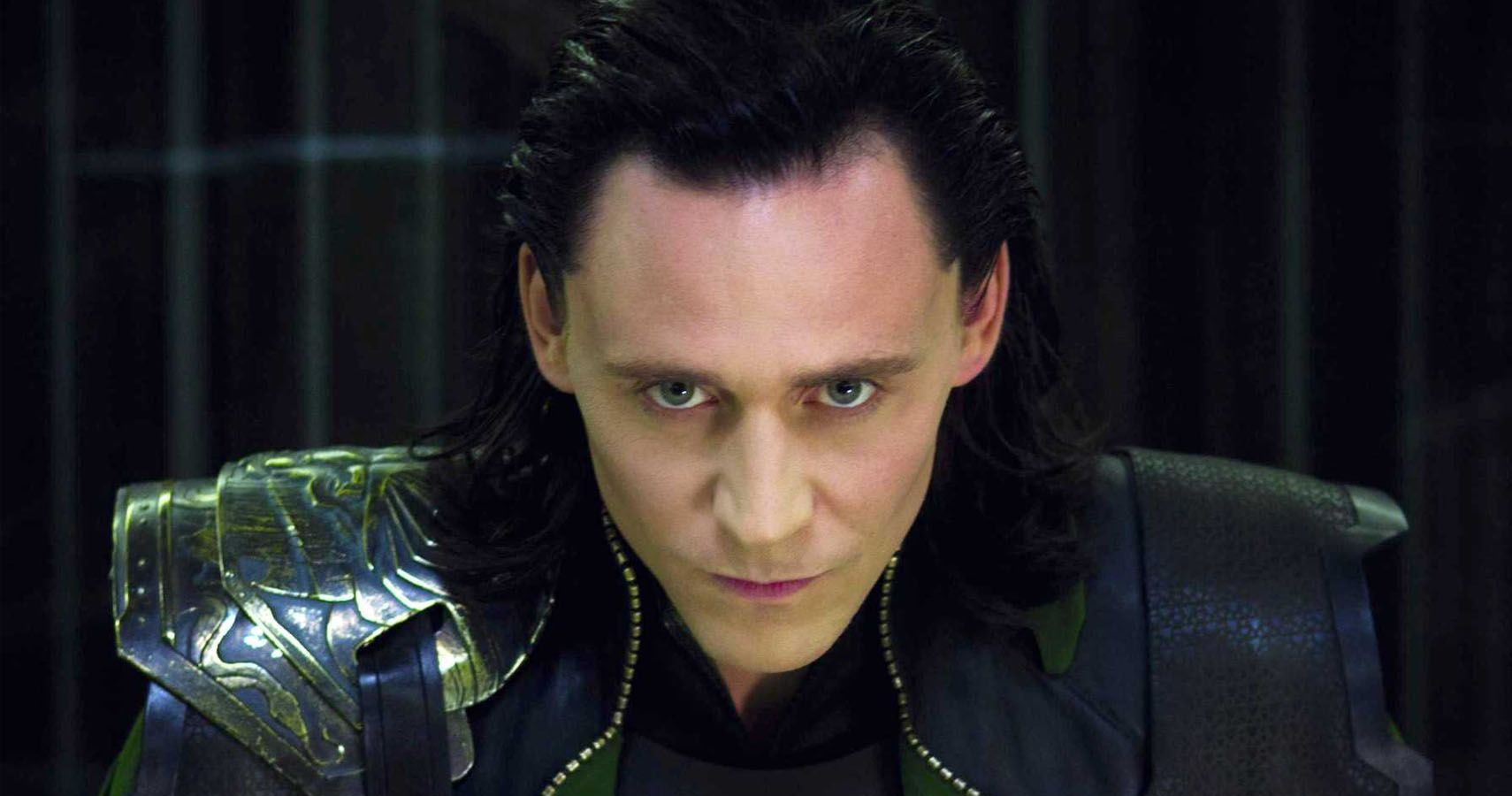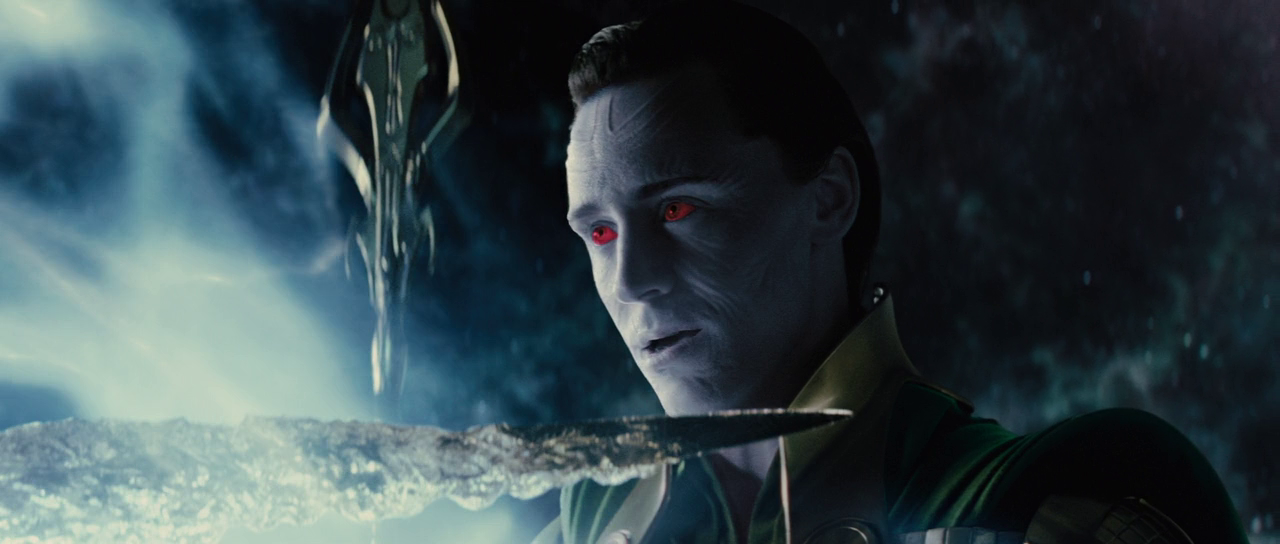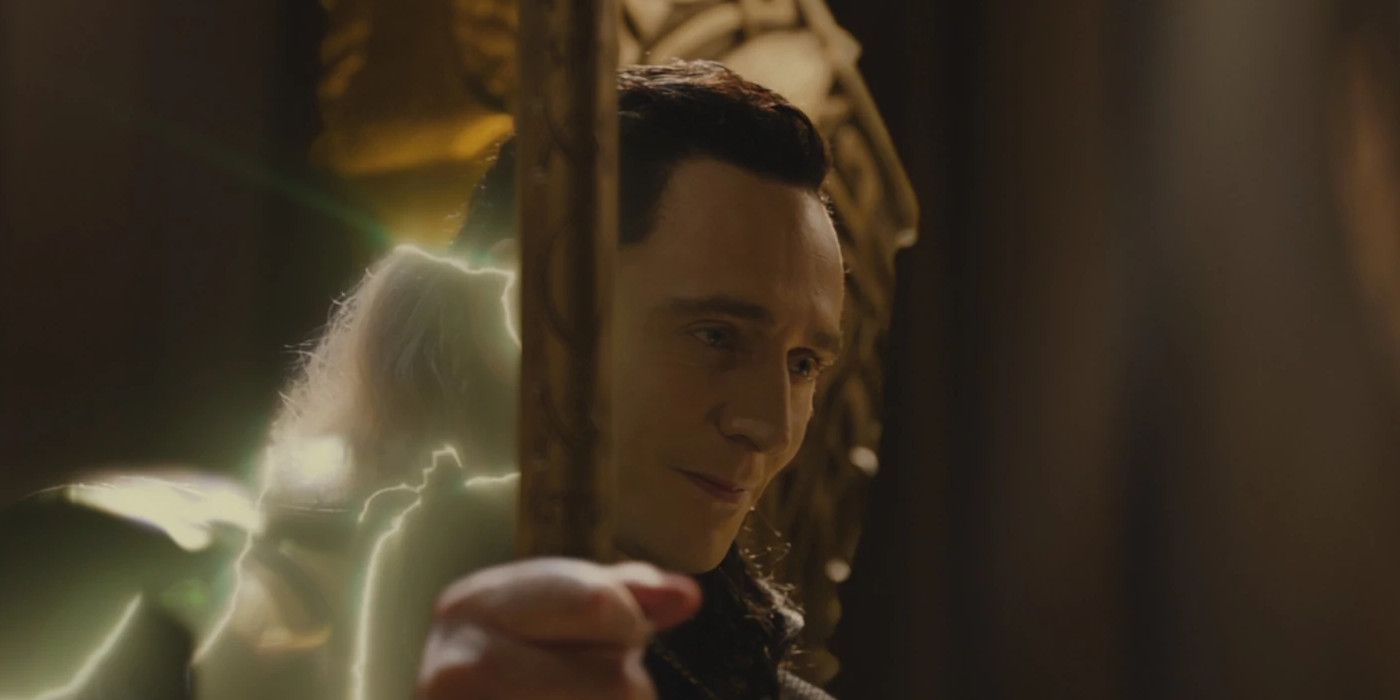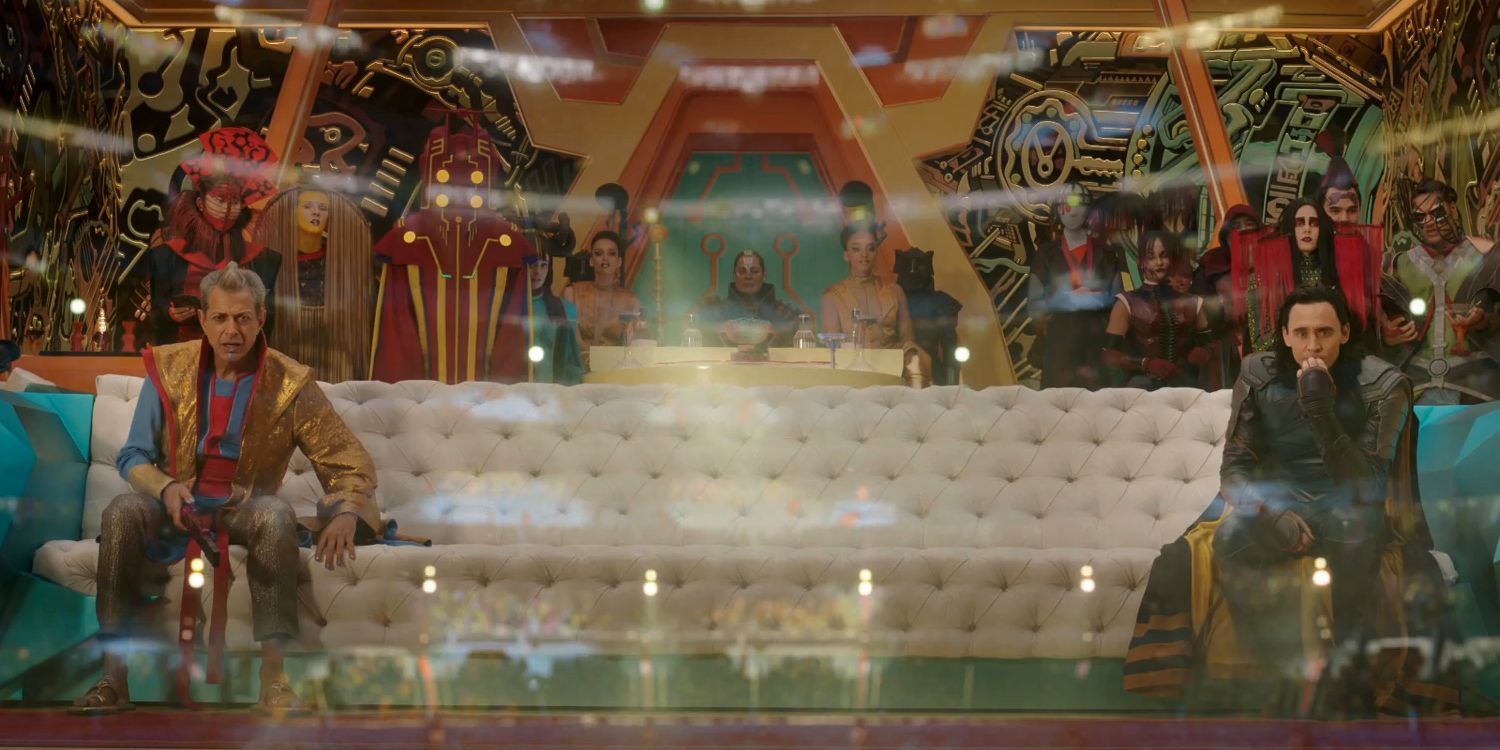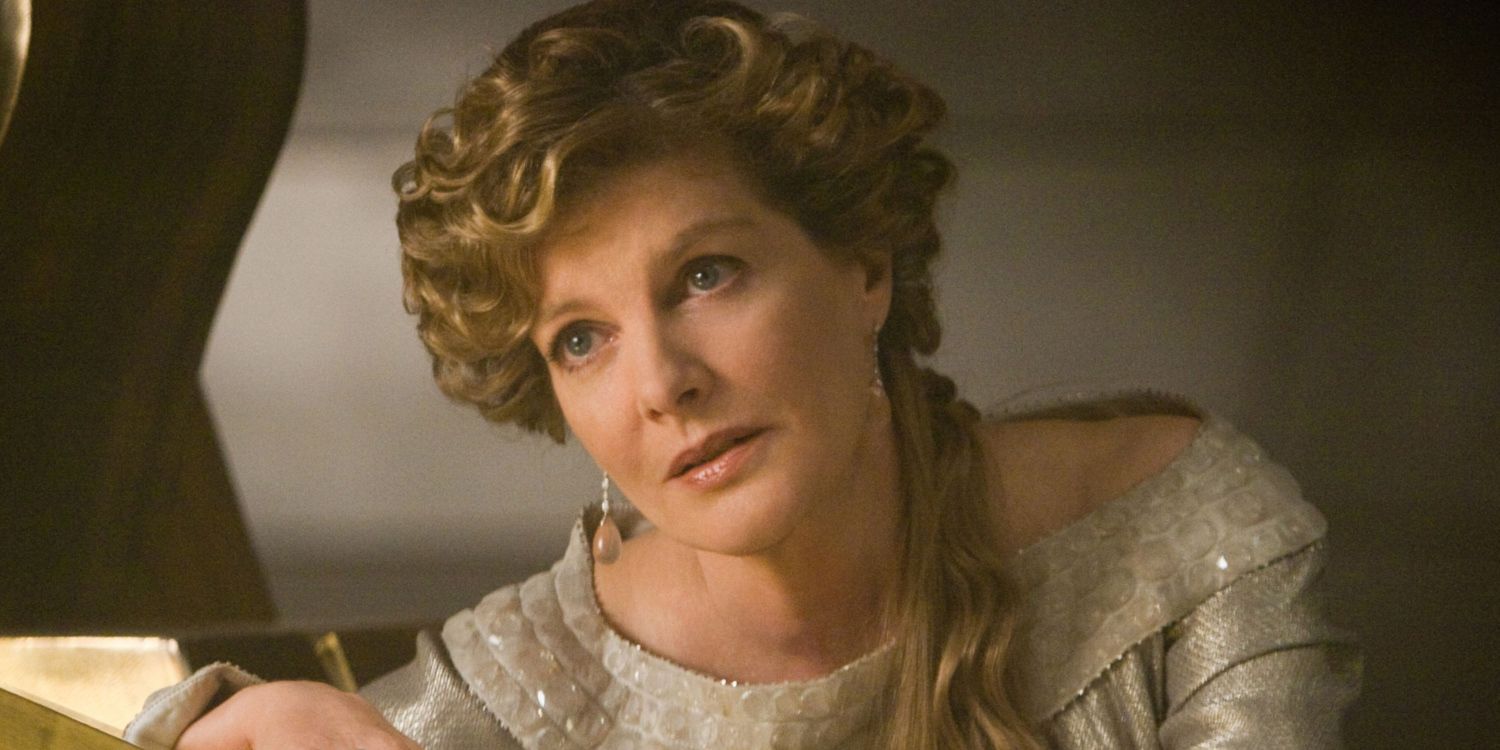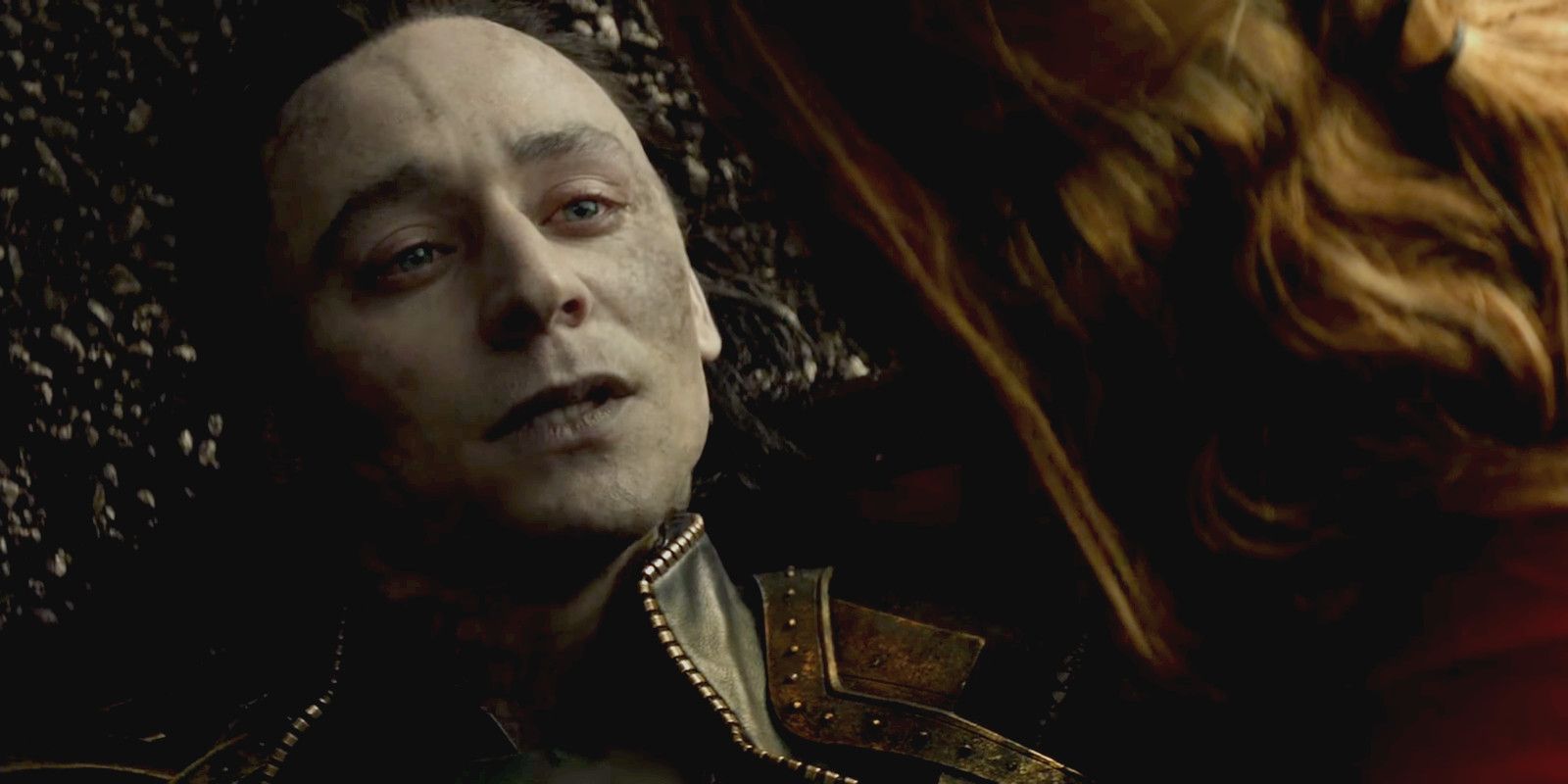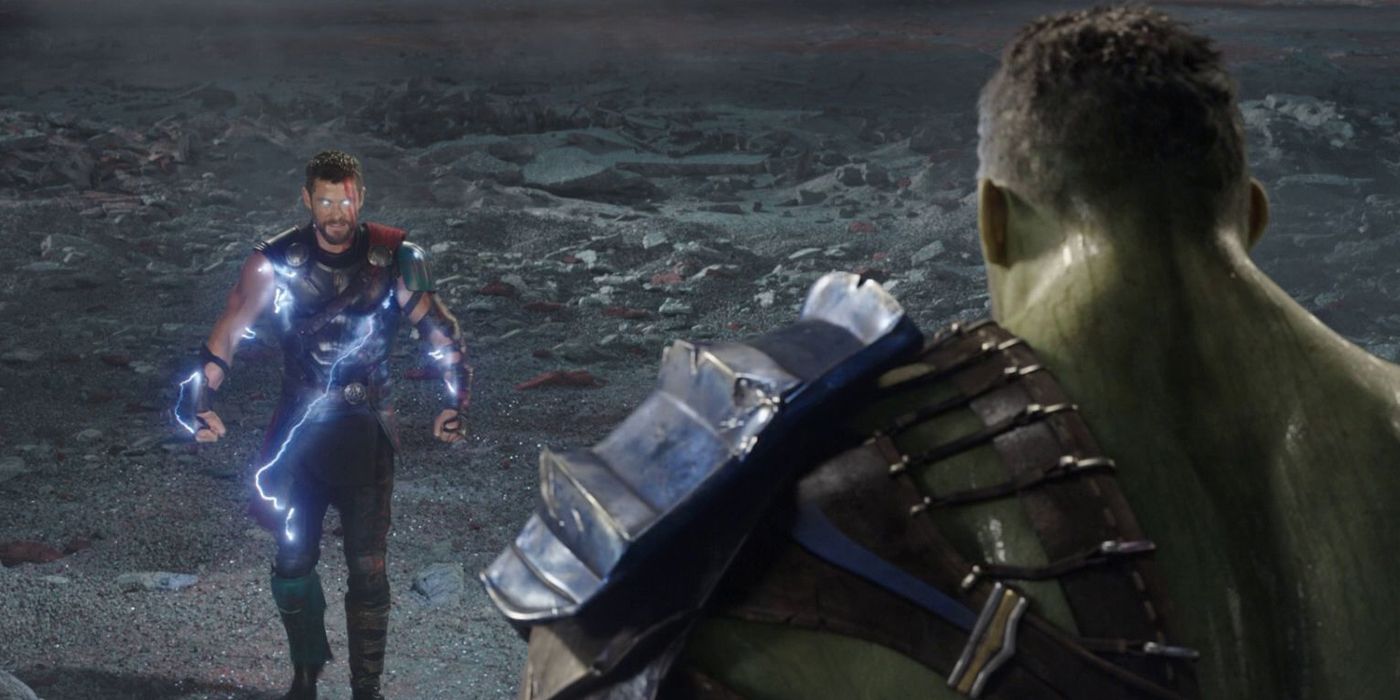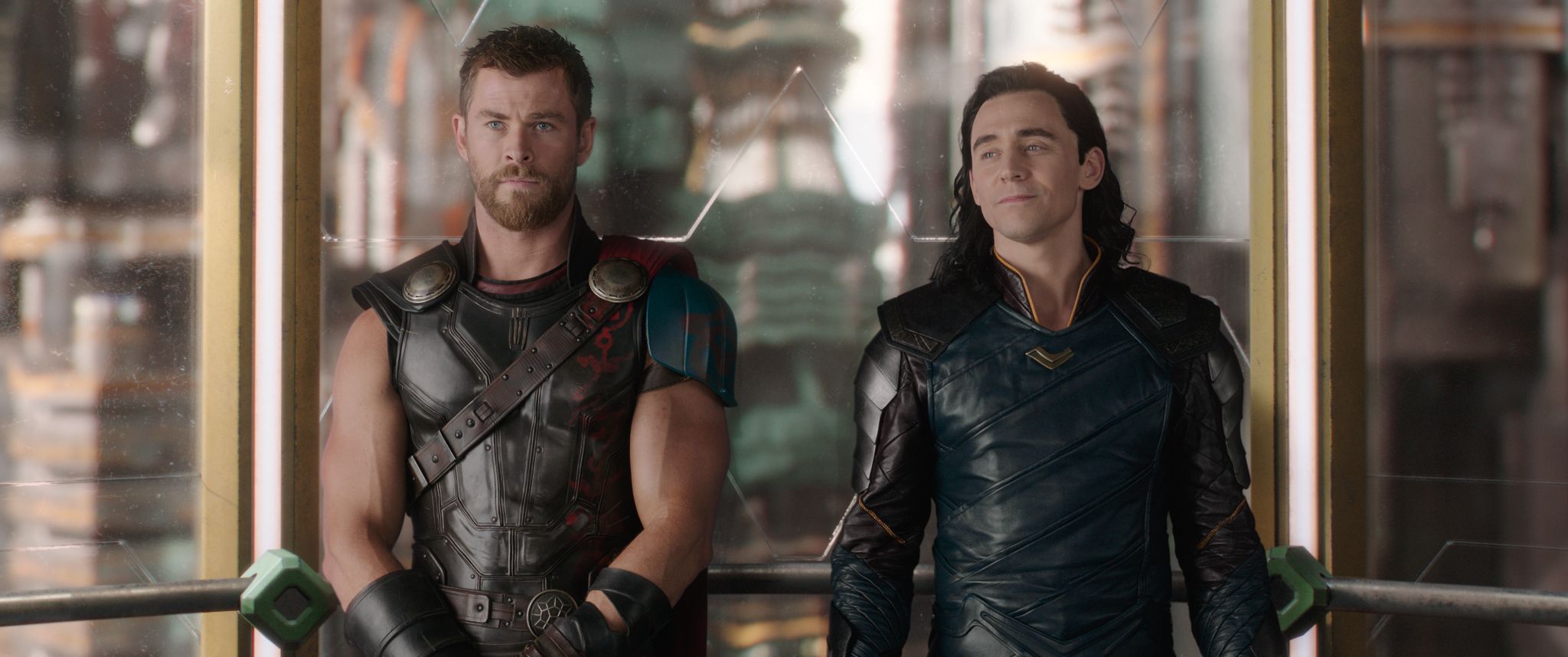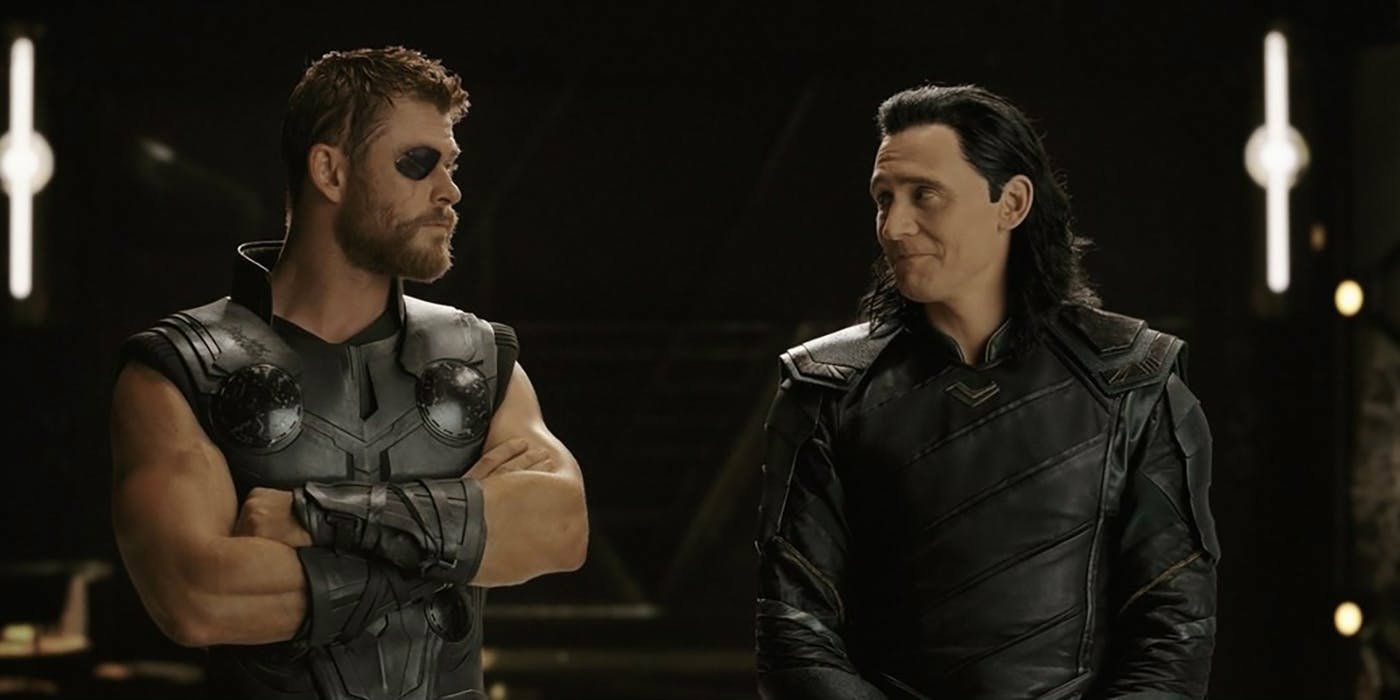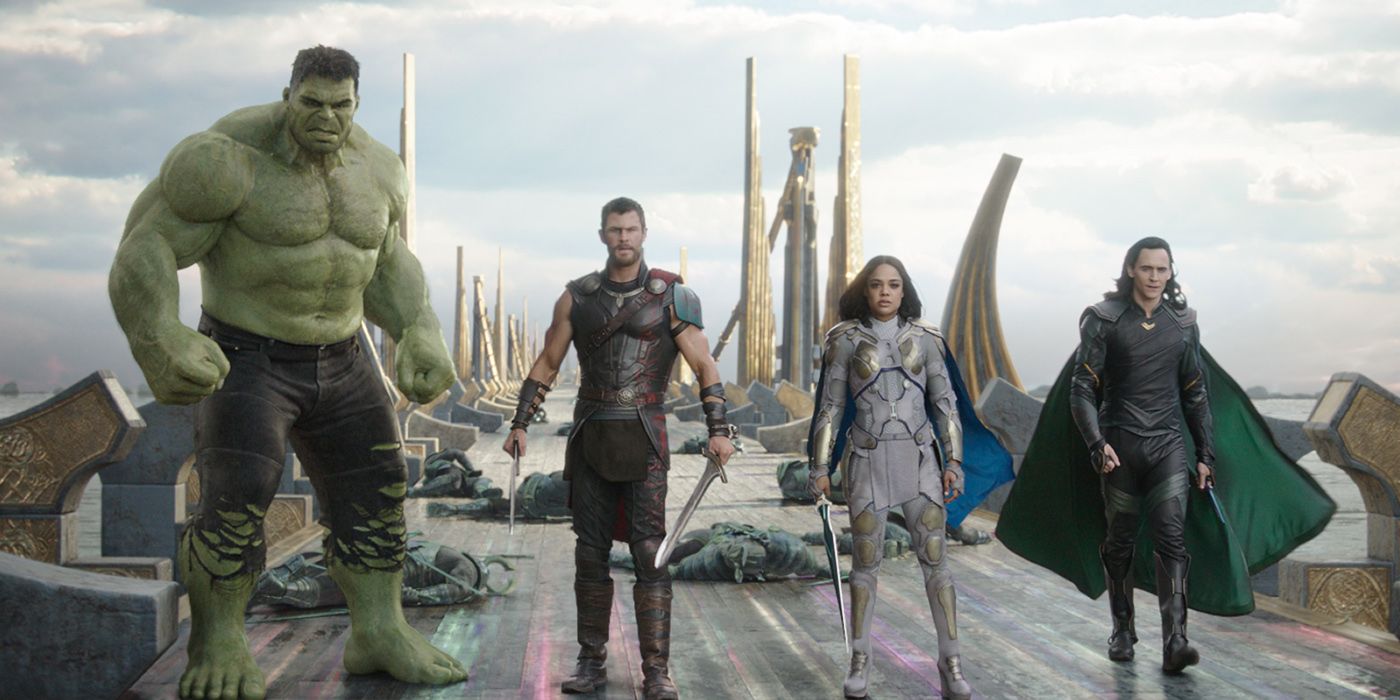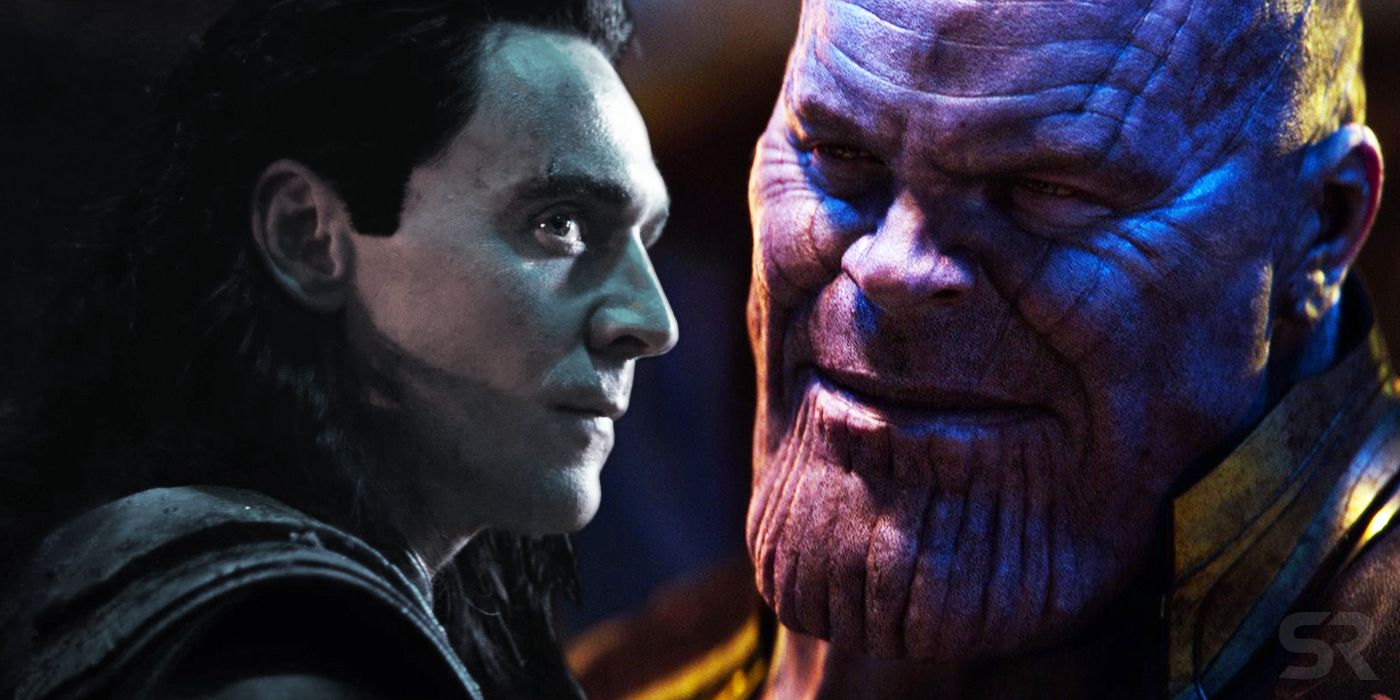Loki is one of the Marvel Cinematic Universe's most delightful and complex characters. He began as a charming, convincing, and formidable villain, but over time he transformed into an antihero. Denied the power and recognition he believed he deserved, Loki went down a dark path through which many suffered, including those closest to him.
He was always manipulative and cunning, though eventually, he found ways to use these gifts for the right reasons in the right ways. His fascinating journey makes his character development among the best in the MCU. These are the 10 biggest ways Loki changed throughout the MCU.
Accepting His Heritage
Loki learned about the Frost Giant heritage that had been concealed from him. Long before he found redemption, though, he already found a way to accept his heritage and moved on to achieve his goals.
He was only a Frost Giant by birth. He'd been raised on Asgard, so he saw himself as truly Asgardian. This fueled his more corrupt motivations like taking the throne in nefarious ways, but it also fueled his more noble actions like saving the Asgardians from Hela.
Deceiving Without Taking Lives
Throughout Thor and The Avengers, Loki killed Laufey, Phil Coulson, and many others in order to deceive and acquire the power he desired. When Loki took Odin's place and ruled Asgard, he learned to effectively deceive without taking life.
Loki used his magic to trap the real Odin and supported Thor's decision to turn down the throne. Changes were made to Asgard as Heimdall was deemed a traitor, the memory of Loki was commemorated, and revelry ensued. This was arguably Loki's most successful deception as he ruled Asgard for several years and he didn't need to take any lives to make it happen.
Adapting To Constantly Changing Environments
After Odin took in Loki as a baby, Asgard became Loki's home. After betraying his family and his defeat at the end of Thor, Loki no longer had a home. That didn't slow him down as he adapted to constantly changing environments. Before The Avengers, he spent time plotting with Thanos and then settled into carrying out their scheme on Earth.
Loki's defeat made him a prisoner on Asgard, but then he escaped and found a way to take Odin's place and ruled Asgard instead. When he landed on Sakaar, he found a way to gain the Grandmaster's favor and acquire significant status on such a cutthroat planet. No matter the environment, Loki found a way to adapt and turn the situation to his advantage.
Genuine Regret
Focused only on himself, Loki only felt regret in spiteful or selfish ways. That began to change in Thor: The Dark World when he told Frigga she wasn't really his mother.
These were the last words he said to her before she died. Frigga was one who always believed in Loki and even taught him her magic. Loki knew this and genuinely regretted his last words to the one person who was always there for him.
Long-Term Planning
Loki's earlier plans in Thor and The Avengers were somewhat short-sighted. While the plans could've yielded the immediate results he desired, they didn't take into account how the Nine Realms could turn against him or how Thanos was really just manipulating him.
When Loki faked his own death and used the opportunity to take Odin's place, he was thinking more long-term. It was a more viable plan that he thought through more and as a result, it worked for several years. On Sakaar he was also thinking more long-term about how he could gradually use his position to oust the Grandmaster and take control of the planet. If Thor hadn't come along, his plan probably would've worked.
Respecting The Power Of Others
Loki mocked Thor and the other Avengers and treated them with disdain. He came to fear the Hulk after the beating he took, but there was still no respect.
This attitude eventually changed as Loki realized he couldn't do everything on his own. Instead of just choosing fear or disdain, he came to respect the powers that others possessed, from Hulk's strength, to Thor's lightning, and Valkyrie's unparalleled ability in combat.
Valuing Relationships
While power and recognition were Loki's driving values for most of his life, towards the end his relationships became more important to him. The devastating loss of his mother Frigga started to make him realize this. The loss of Odin only made that clearer as Loki spent so much of his life trying to prove Odin that he was worthy.
In the end, though, Odin said he loved both his sons, and Loki realized how much time he wasted while destroying his most important relationships. Without the lessons he learned from his parents and losing them, Loki wouldn't have realized how much he actually valued his family's relationships and been able to find a new way forward with Thor.
Repairing His Relationship With Thor
Thor thought the world of Loki, but Loki destroyed their relationship in so many ways. It's hard to maintain a positive and healthy relationship when one individual is constantly trying to undermine and deceive the other.
Loki eventually took steps to repair that relationship. He returned to Asgard and took great risks to support his brother's plan and save their people. Instead of running off to do his own thing, Loki stuck around after they defeated Hela and stood by his brother's side. Loki even defied Thanos, in part to save Thor's life.
Becoming A Team Player
Loki used to count on no one except himself. The Frost Giants and Chitauri were just pawns or tools in his larger schemes. That eventually changed as Loki became part of the Revengers in Thor: Ragnarok. He not only fought alongside Thor, Hulk, and Valkyrie, but he ended up trusting them as well.
They each had individual parts to play in defeating Hela. Loki and the others were only able to defeat her because they put aside their differences and learned to listen and trust each other. The Revengers pulled off a seemingly impossible feat by destroying Hela in a place where she was only growing stronger.
Willing To Risk His Life
Self-preservation used to be one of Loki's primary values. That makes it remarkable when considering that he was willing to risk his life against Hela and Thanos. In the past, Loki would've either aligned himself with these villains.
That's why it almost seemed convincing when Loki told Thanos he could be a guide on Earth to finding the Infinity Stones. Instead of just preserving himself, Loki's final actions against Hela and Thanos were largely rooted in doing the right thing and saving the people who were important to him.

